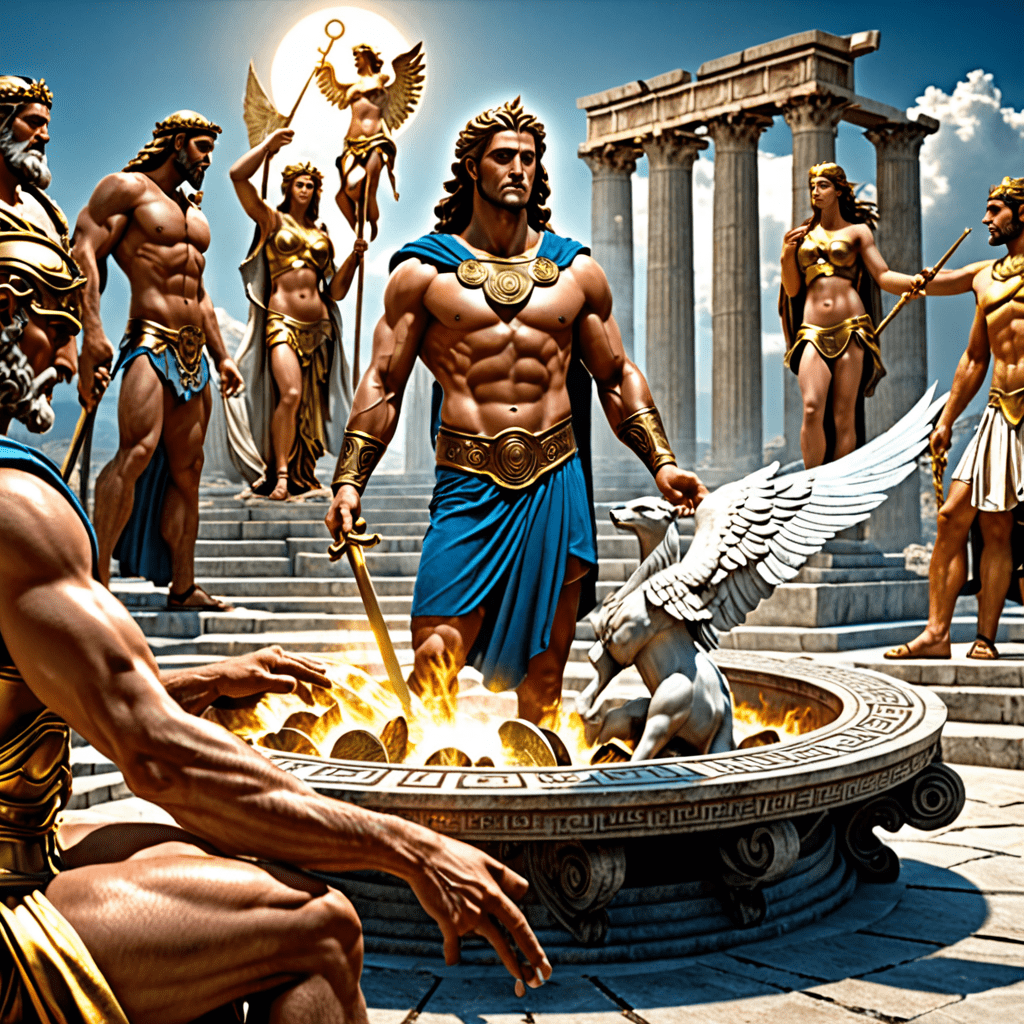Greek Mythology and the Concept of Fate
Introduction to Greek Mythology
Greek mythology is a rich tapestry of stories involving gods, goddesses, heroes, and mythical creatures. These tales have permeated various aspects of modern culture, from art and literature to everyday language. One prevailing theme in Greek mythology is the concept of fate, or destiny, which plays a significant role in the lives of both gods and mortals.
Understanding the Concept of Fate
In Greek mythology, fate is often depicted as an inexorable force that predetermines the outcome of events. The three Moirai, or Fates – Clotho, Lachesis, and Atropos – are responsible for spinning, measuring, and cutting the thread of life for each individual. This belief in a predetermined destiny influences the choices and actions of both gods and mortals.
Examples of Fate in Greek Mythology
Numerous myths highlight the influence of fate in Greek mythology. One famous example is the prophecy foretelling that Oedipus would kill his father and marry his mother, despite his attempts to escape this fate. Similarly, the tale of Achilles showcases the inevitability of his death on the battlefield, as predicted by the gods.
The Intersection of Fate and Free Will
While fate is a dominant theme in Greek mythology, the concept of free will also emerges in various stories. Heroes like Odysseus demonstrate the power of choice and agency in shaping their destinies, even in the face of prophesied events. This nuanced relationship between fate and free will adds depth to the narratives of ancient Greek myths.
In conclusion, Greek mythology weaves a complex and captivating portrayal of fate as an essential element that influences the lives of gods and mortals alike. By exploring these timeless stories, we gain insights into the intricate interplay between destiny and human agency, resonating with audiences across generations.
FAQs about Greek Mythology and the Concept of Fate
What is Greek Mythology?
Greek Mythology refers to the collection of myths and legends originating from ancient Greece. These stories involve gods, goddesses, heroes, and mythical creatures, explaining the origin of the world, natural phenomena, and human experiences.
What is the Concept of Fate in Greek Mythology?
Fate, known as “moira” in Greek mythology, represents the predetermined course of events that are believed to be controlled by supernatural forces beyond human influence. The concept of fate played a significant role in shaping the lives and outcomes of individuals in Greek myths.
How did Fate influence the lives of characters in Greek Mythology?
In Greek mythology, fate was often depicted as inevitable and inescapable. Characters like Oedipus and Achilles, despite their efforts to avoid their fates, ultimately fulfilled the prophecies, highlighting the belief that attempting to defy fate only led to its fulfillment in a tragic manner.
Were the gods in Greek Mythology subject to Fate?
While the gods and goddesses in Greek mythology were powerful beings, even they were not immune to the forces of fate. The Fates, often depicted as three sisters spinning the thread of life, determined the destiny of both mortals and immortals, showcasing that even the divine beings were bound by fate’s





